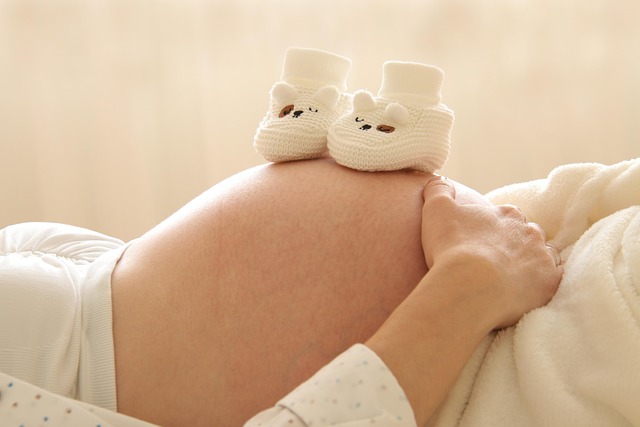Embarking on the path to parenthood is a personal journey for everyone, but LGBTQ+ individuals and couples often have unique questions and considerations. Whether you’re considering IUI, IVF, donor conception, or surrogacy, it’s completely normal to seek clarity on the process and how it aligns with your identity and goals. At At Home Insemination, we prioritize offering inclusive and affirming care for all avenues to parenthood. Here are some of the most common inquiries we receive from LGBTQ+ patients starting their fertility journey.
1. What fertility options exist for same-sex female couples?
Same-sex female couples have several exciting options to explore:
- Intrauterine Insemination (IUI): This involves placing donor sperm directly into the uterus during ovulation, typically for the partner who will carry the pregnancy.
- In Vitro Fertilization (IVF): Eggs can be retrieved from one partner or a donor, fertilized with donor sperm, and the resulting embryo can be transferred into either partner’s uterus or a gestational surrogate, depending on your family-building plan.
- Reciprocal IVF: One partner provides the eggs, while the other carries the pregnancy, allowing a biological connection for both parents.
2. What are the fertility options for same-sex male couples?
Same-sex male couples have their own set of options to consider:
- Egg Donation: You can utilize an egg donor who provides eggs to be fertilized, either fresh or frozen, based on your timeline and preferences.
- Gestational Surrogacy: A carefully selected gestational carrier will carry the pregnancy for you.
- IVF: Sperm from one or both partners is used to fertilize the donor eggs, and the resulting embryos are then implanted within the surrogate.
At At Home Insemination, we provide comprehensive services, including help with selecting egg donors and coordinating with gestational carriers.
3. What about transgender and non-binary individuals or couples?
Fertility care is tailored to meet the needs of individuals of all gender identities. For many transgender and non-binary individuals, preserving fertility is often a crucial first step, especially before starting gender-affirming care.
- Transfeminine individuals (AMAB) might freeze sperm before starting hormone therapy.
- Transmasculine individuals (AFAB) can consider freezing eggs prior to beginning their hormone treatments.
- Some may choose to pause hormone therapy to pursue egg or sperm retrieval later.
When you’re ready to expand your family—whether on your own or with a partner—there are numerous options based on your anatomy and treatment history. Trans men and non-binary individuals with a uterus may opt to carry a pregnancy using their own eggs and donor sperm. For more insights on this topic, check out this post on embracing your journey.
4. What should LGBTQ+ families know about legal protections and parentage?
Legal parenthood isn’t always automatically granted to both partners in LGBTQ+ families, especially when donor sperm, eggs, or surrogates are involved. Even with both names on a birth certificate, legal steps like second-parent adoption or pre-birth orders may be necessary to secure parental rights. It’s wise to consult with a reproductive law attorney early in the process to navigate these complexities. For further guidance, American Pregnancy offers excellent resources on donor insemination.
Supporting Every Path to Parenthood
Regardless of your identity, relationship structure, or chosen path to parenthood, you deserve fertility care that respects who you are. At At Home Insemination, we proudly support LGBTQ+ individuals and couples with expert, inclusive care every step of the way. Ready to explore your options? Schedule a consultation with our team—we’re here to assist you in building the family that’s right for you!
Summary
In conclusion, LGBTQ+ individuals and couples have diverse and personalized fertility options to consider, including IUI, IVF, and surrogacy. It’s important to understand legal protections and consult professionals for a smooth journey. At Home Insemination is dedicated to providing inclusive care tailored to your unique journey toward parenthood.

